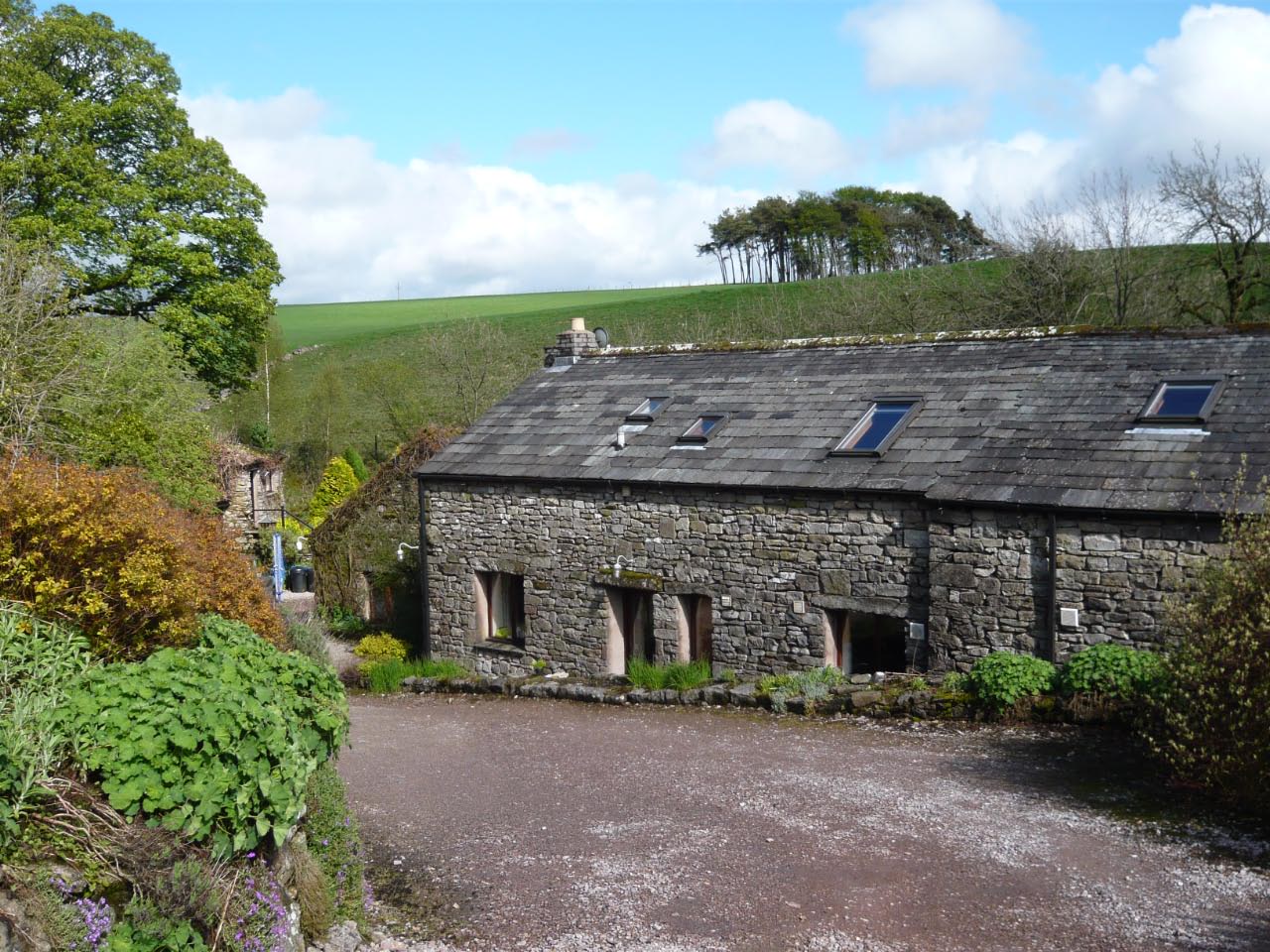Peer groups: Cumbria spring group - initial thoughts
Last updated on 2nd November 2009
It's the first morning of this year's "Mixed Group" in Cumbria. I wrote about this group in some detail when we last met up almost exactly a year ago. Lying in bed a little earlier on, I thought over why I'm here. I should be reasonably clear about this by now - after all the group (with varying participants) has been meeting almost every year since 1991.

